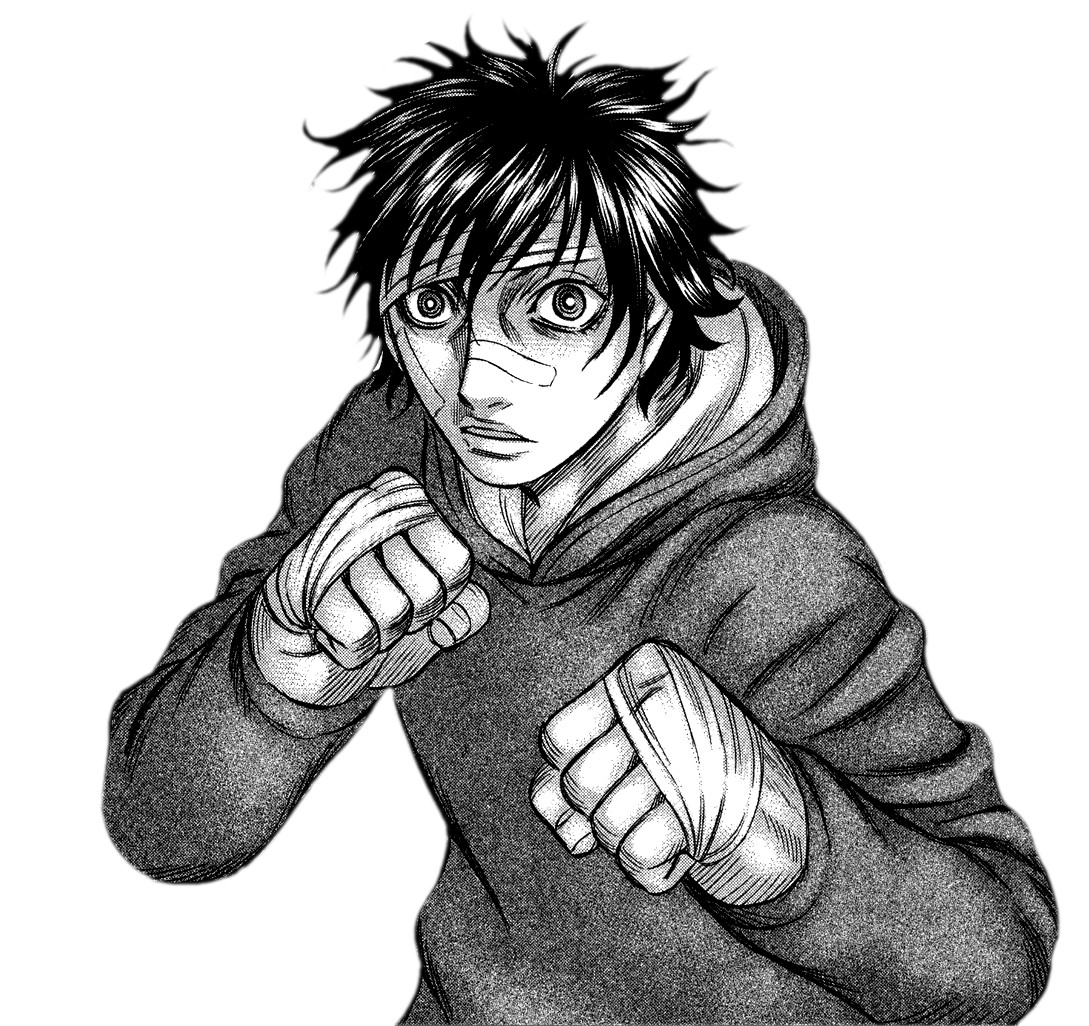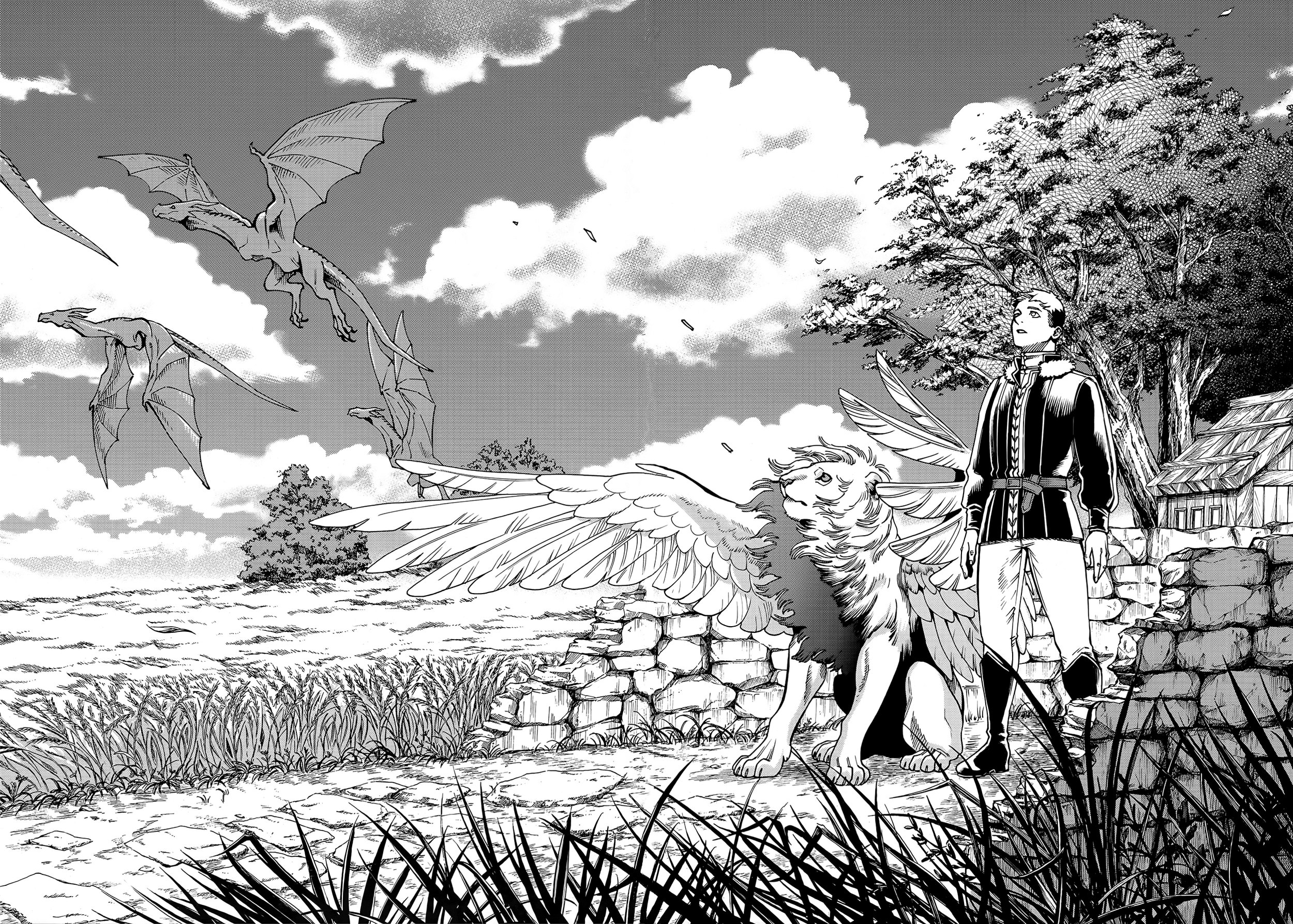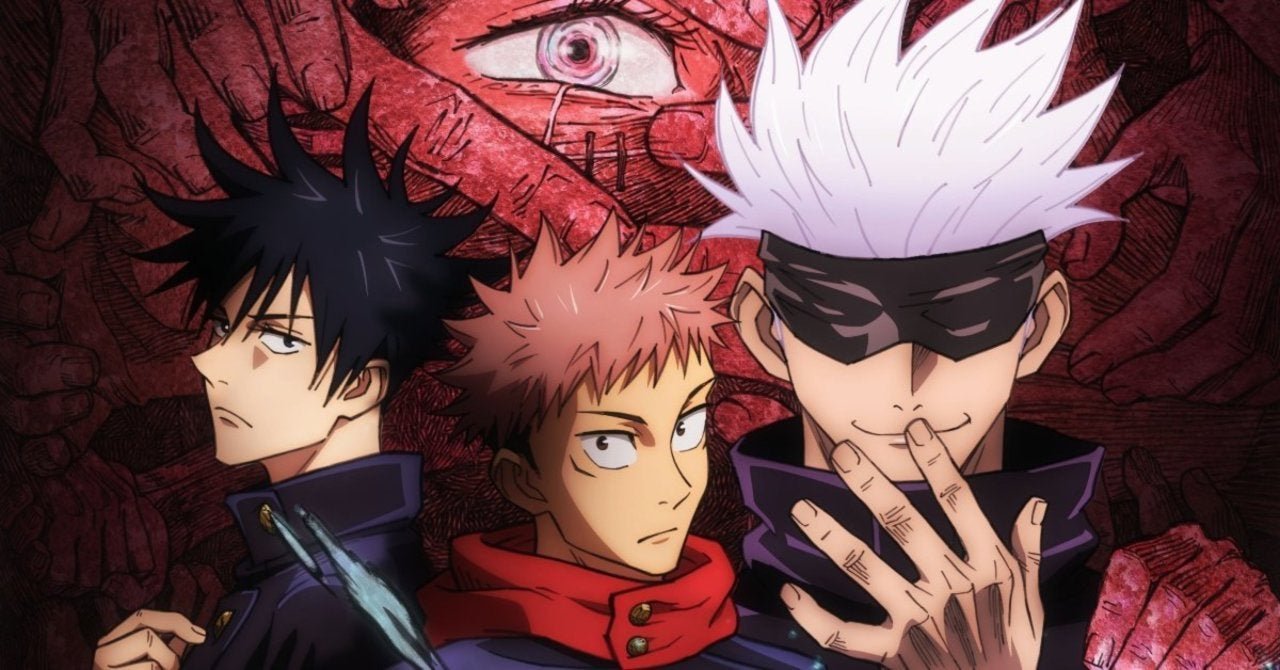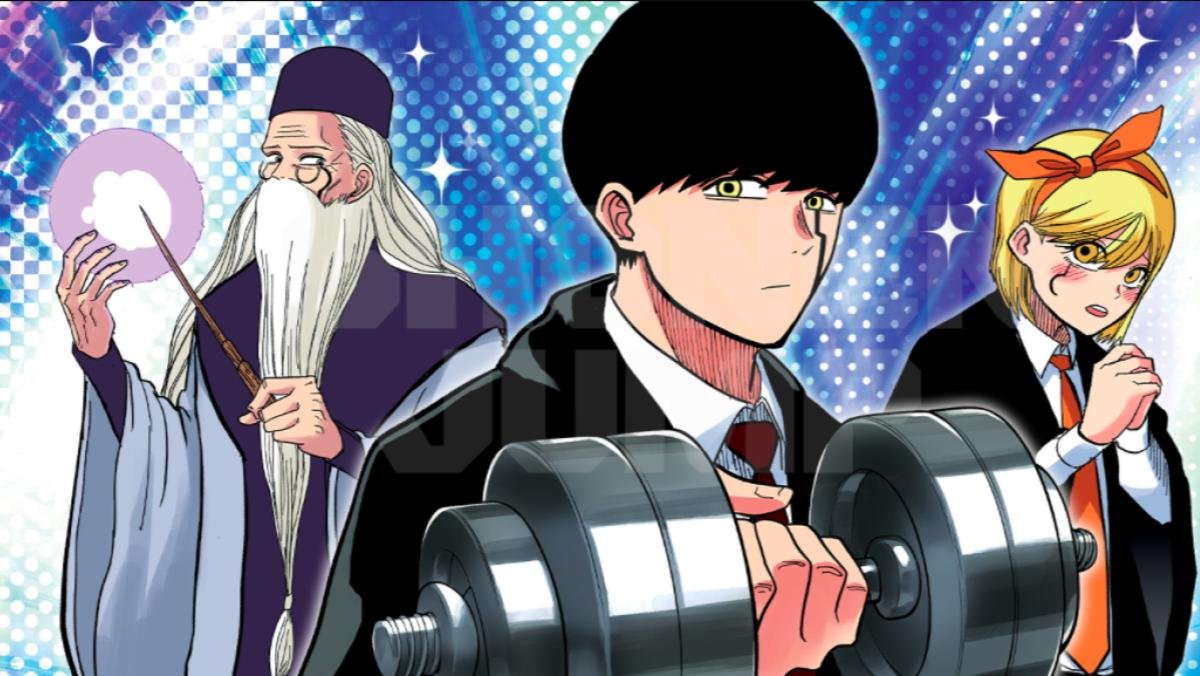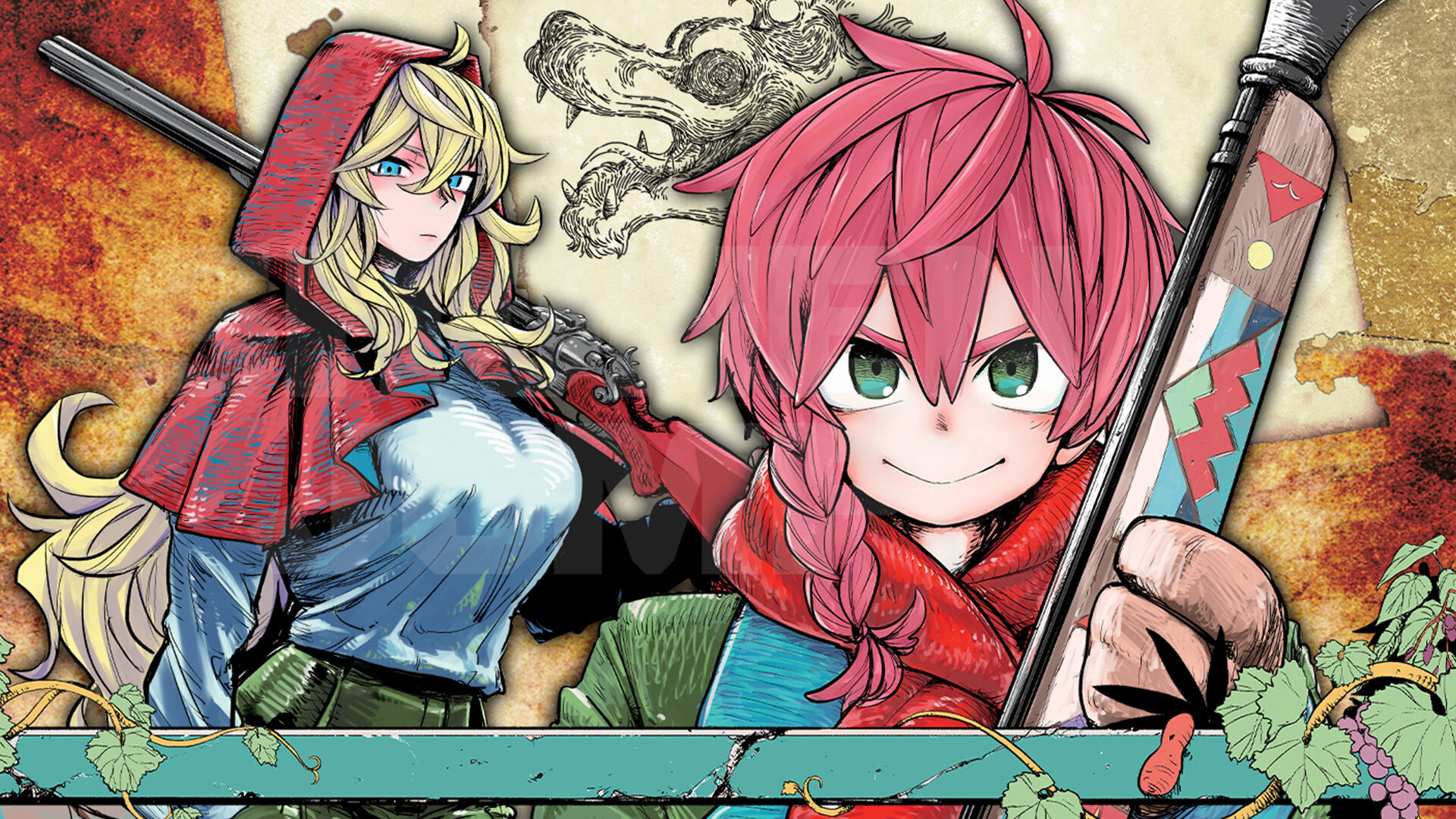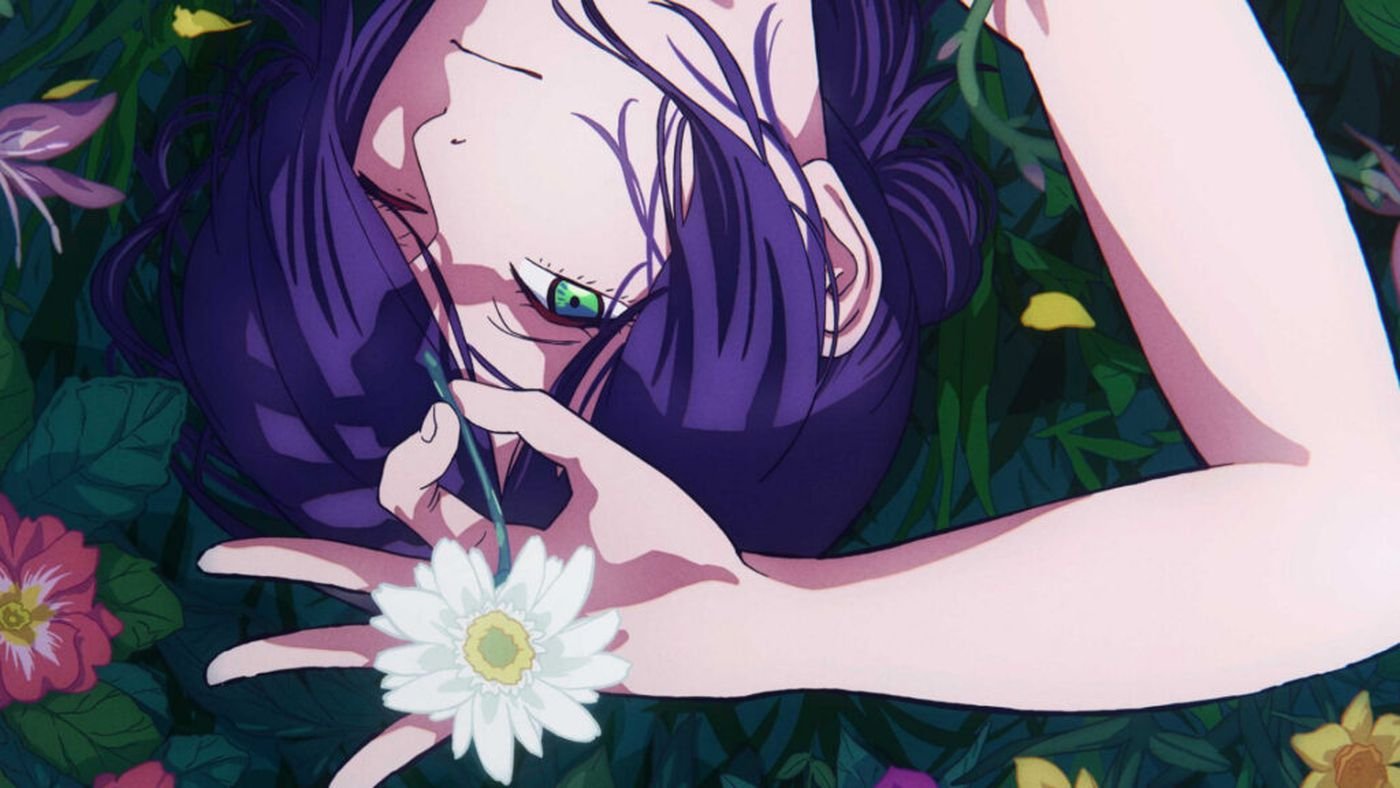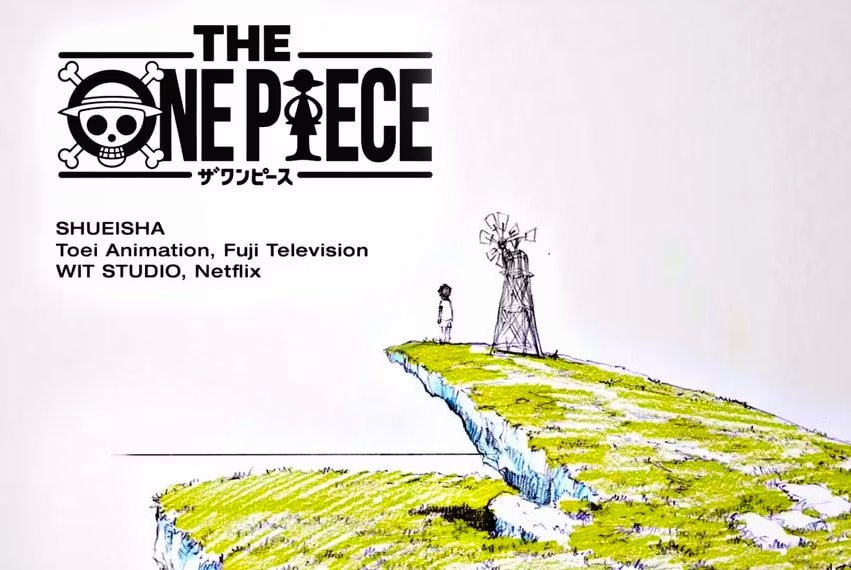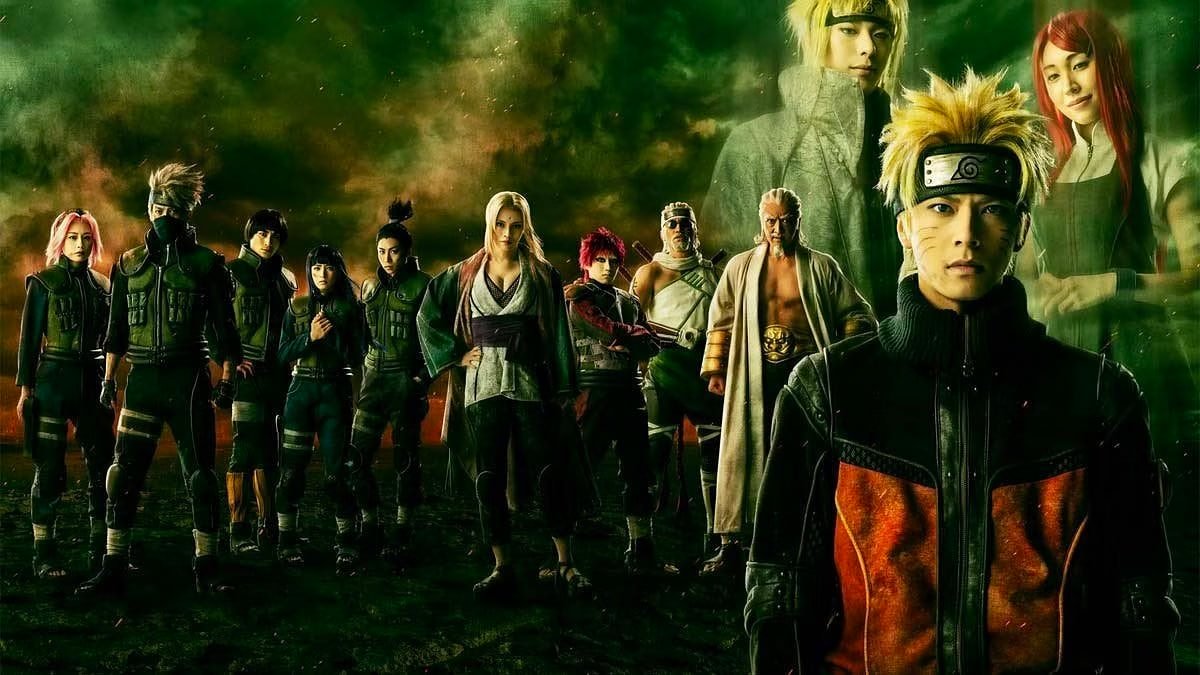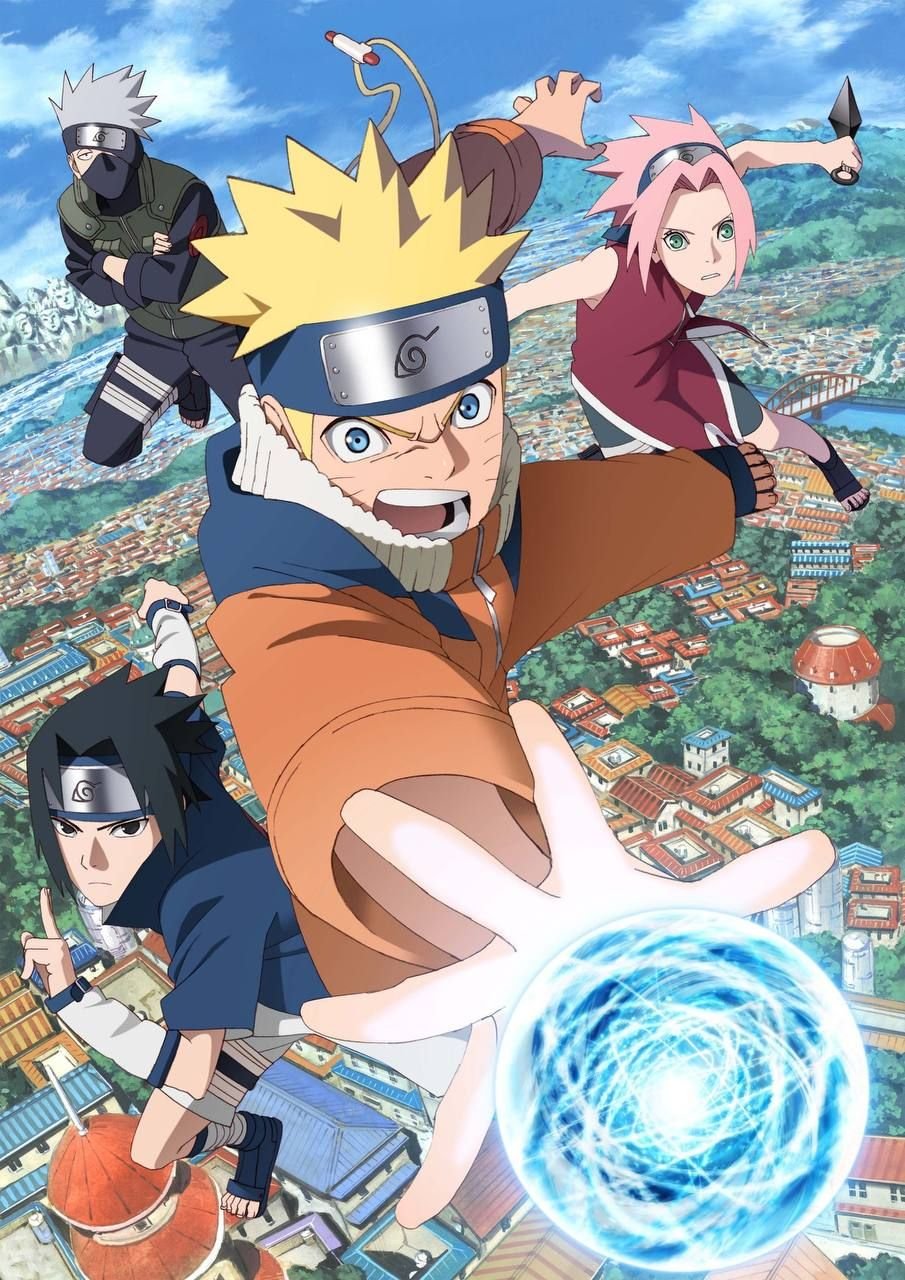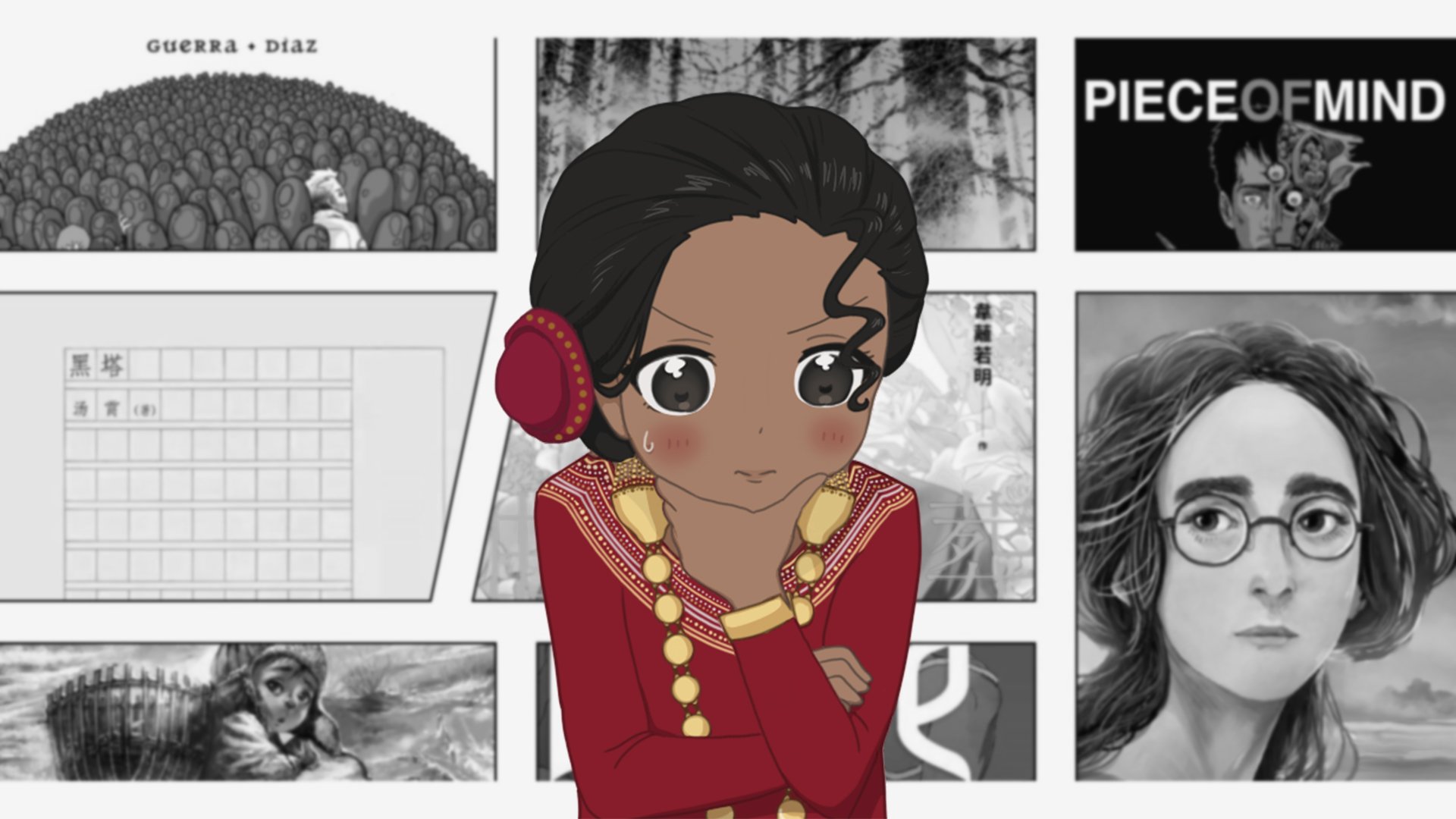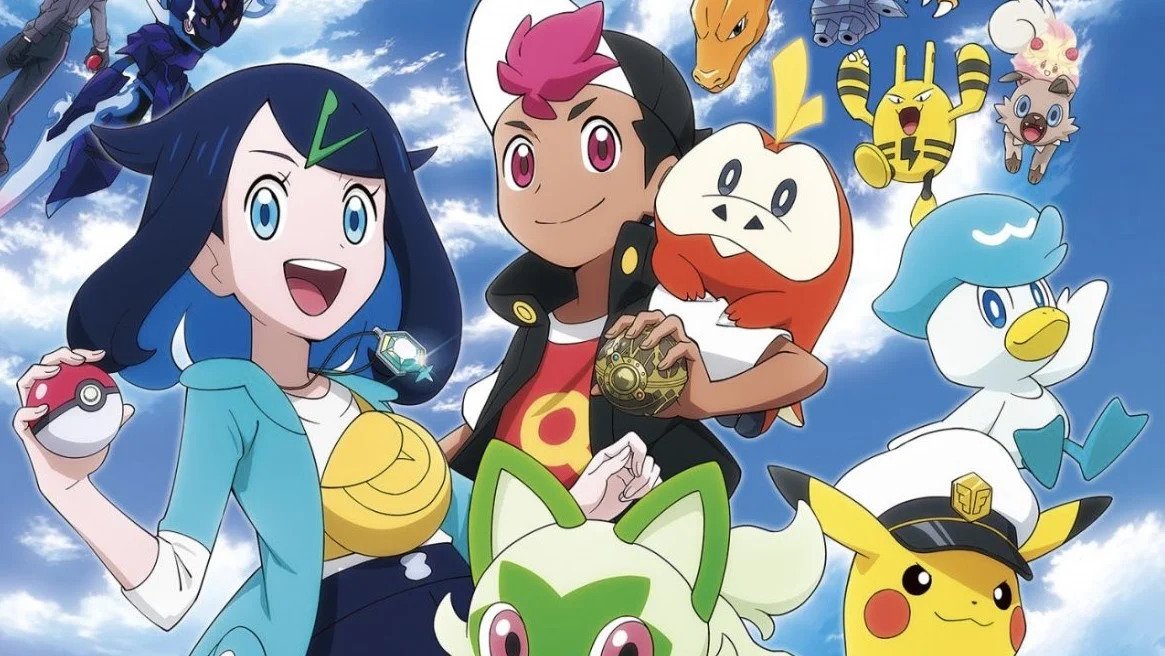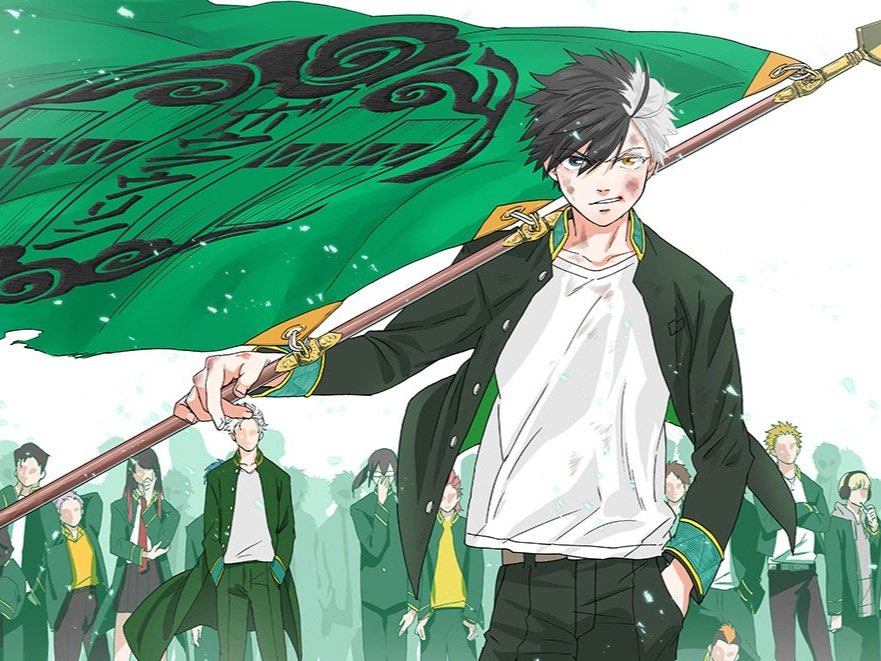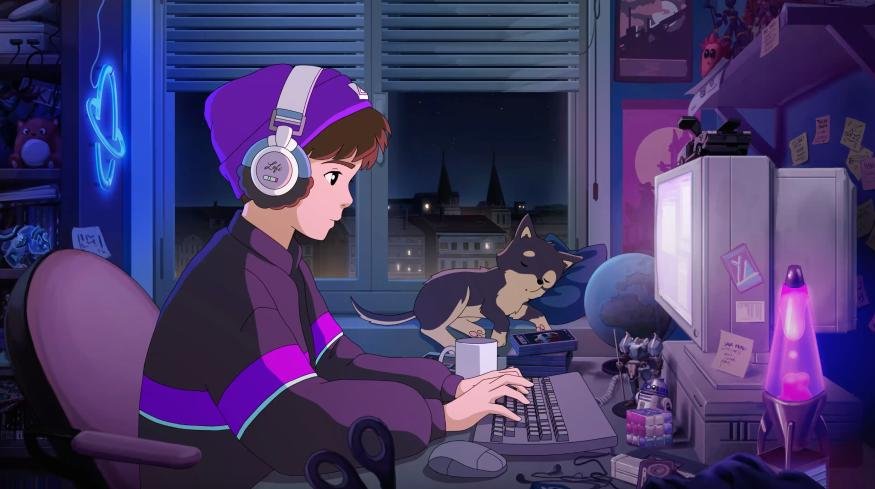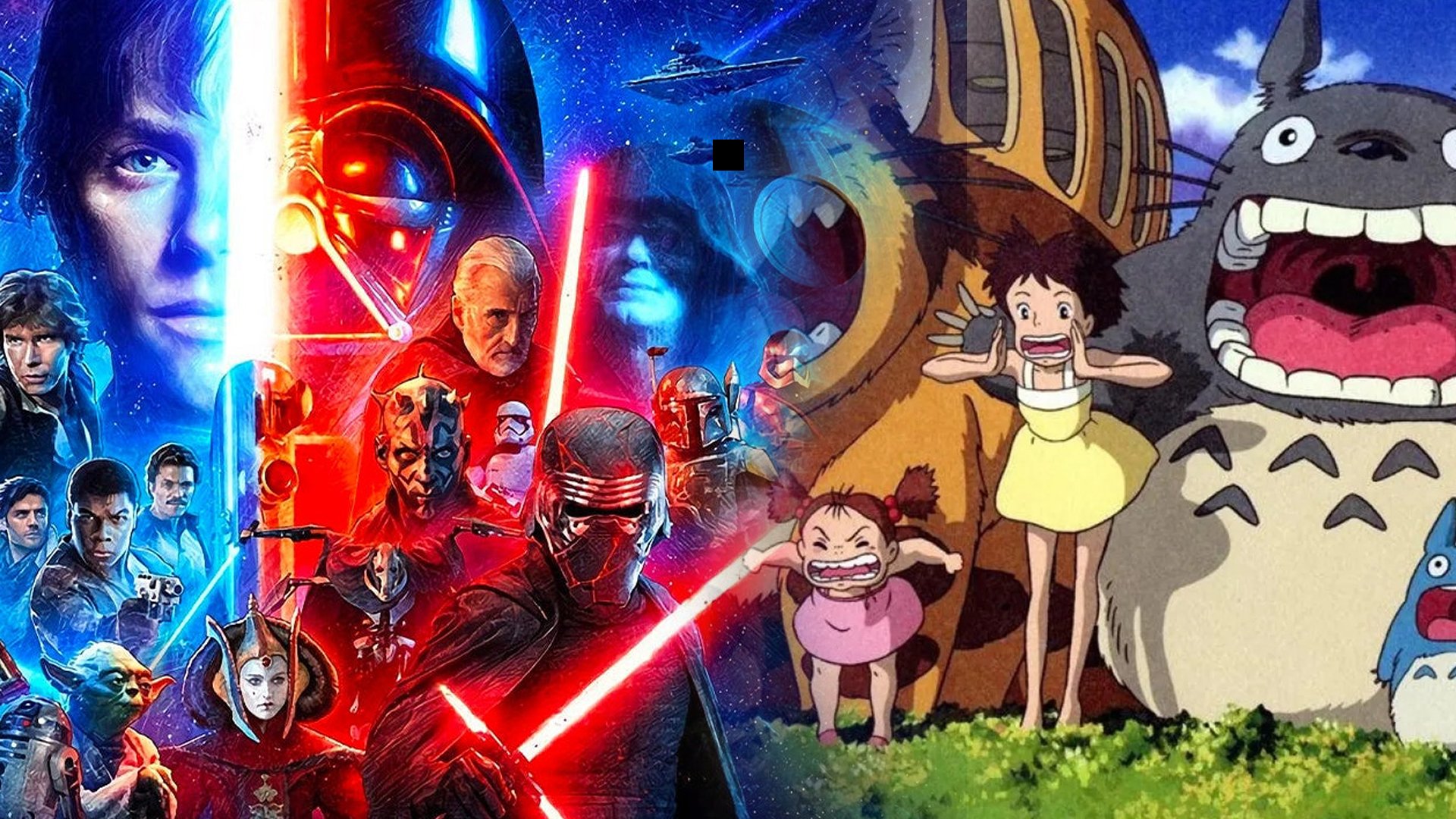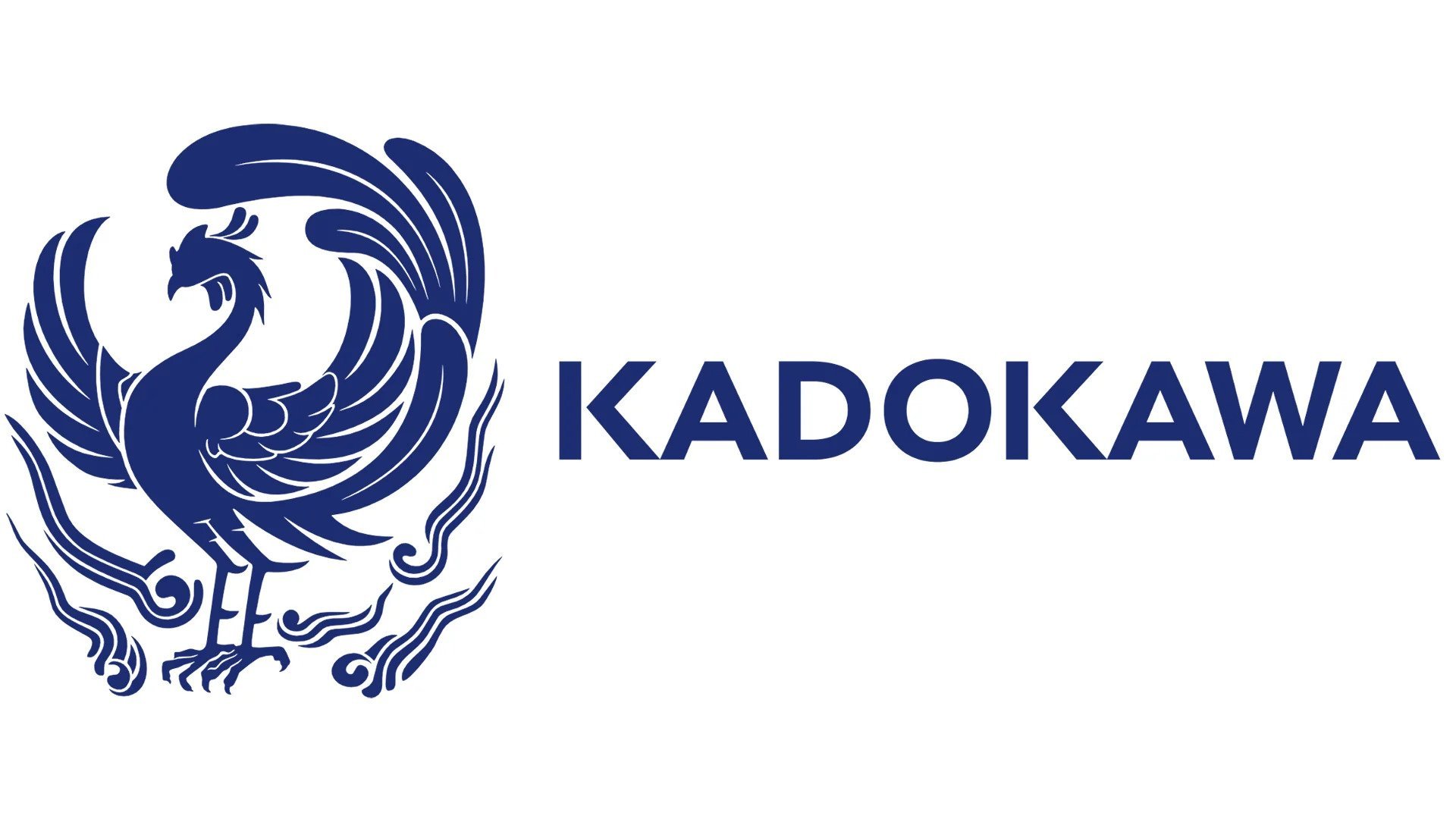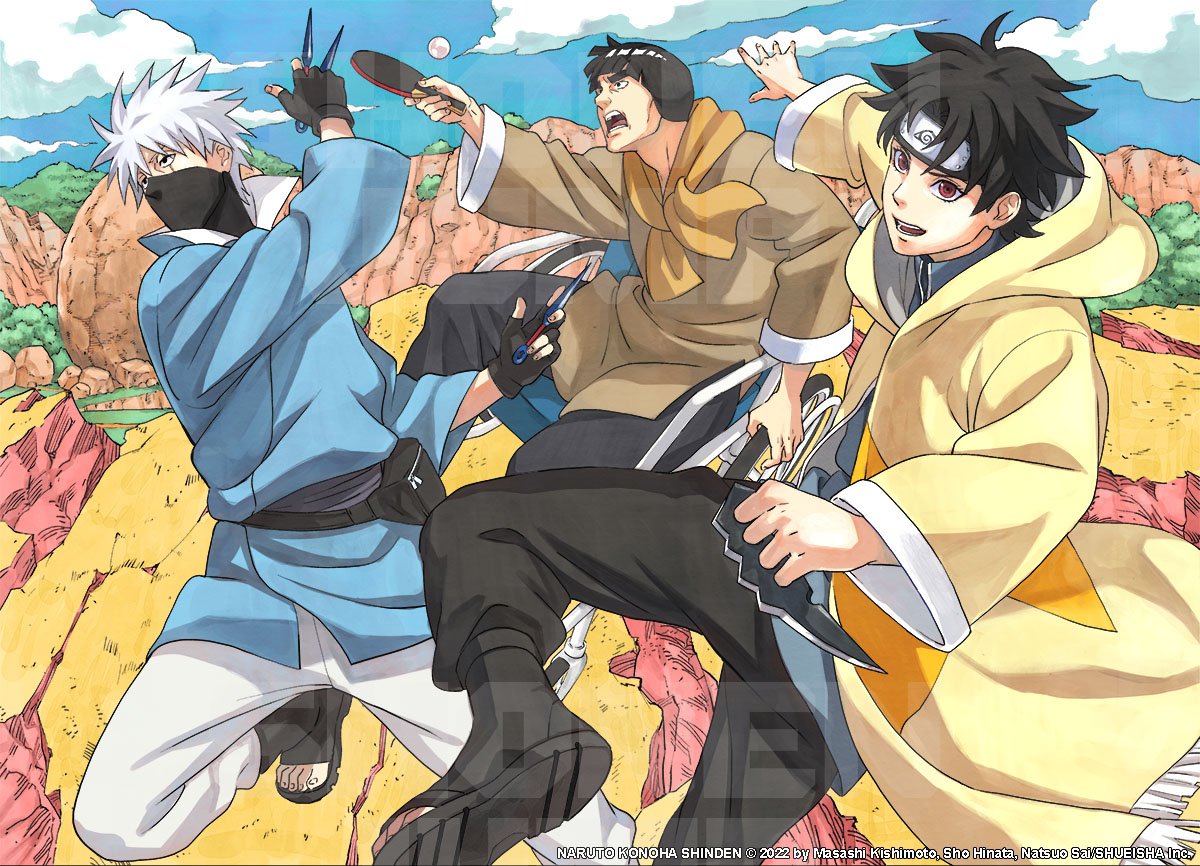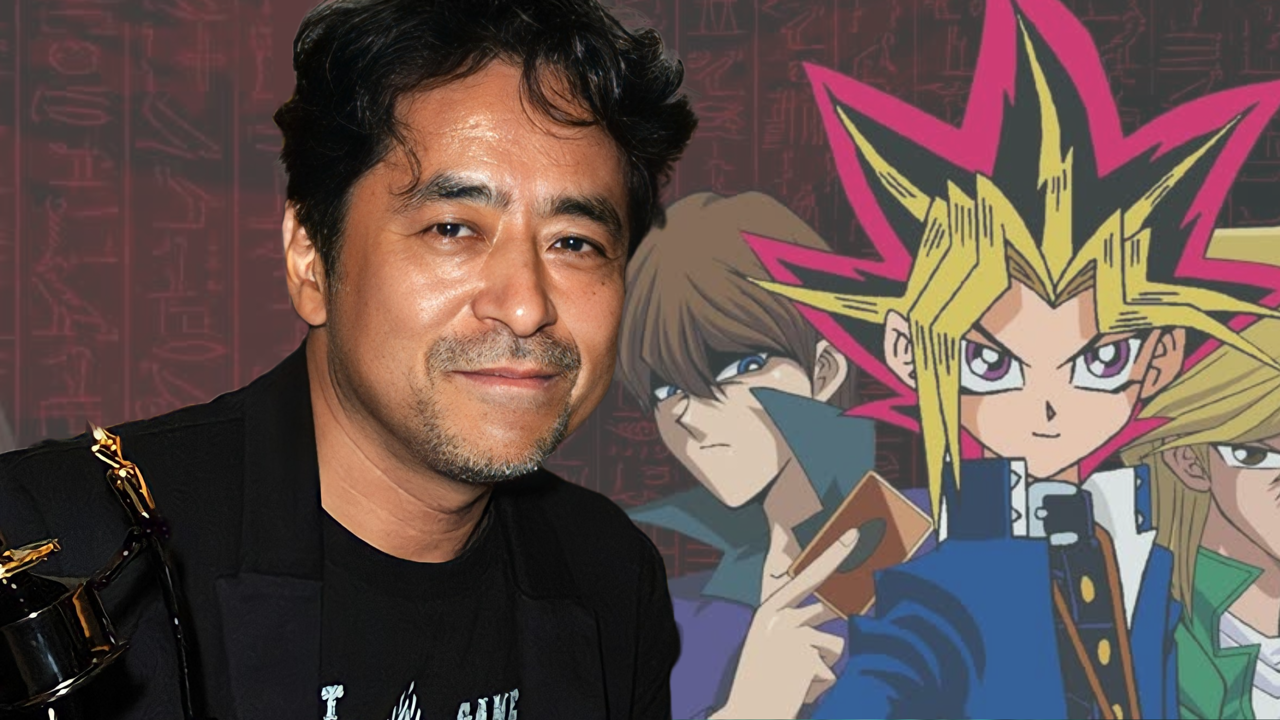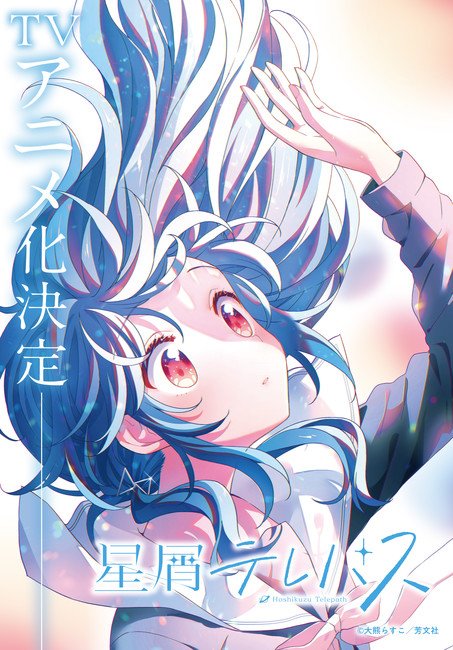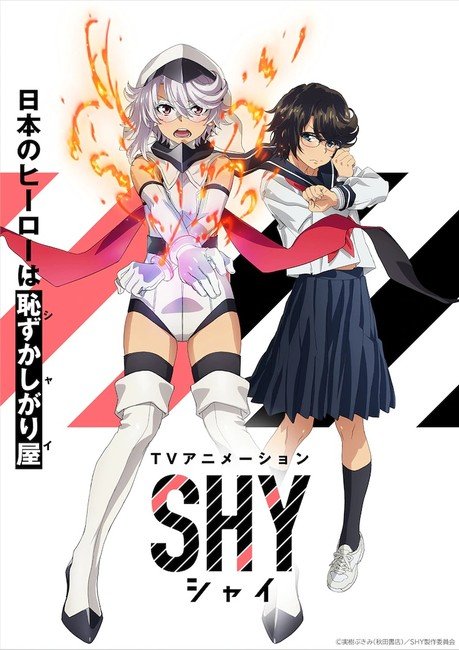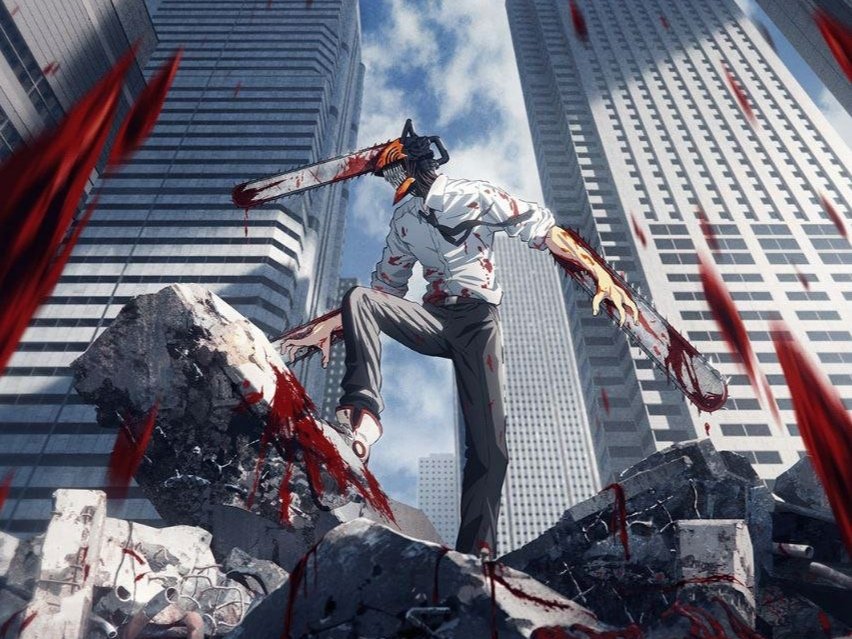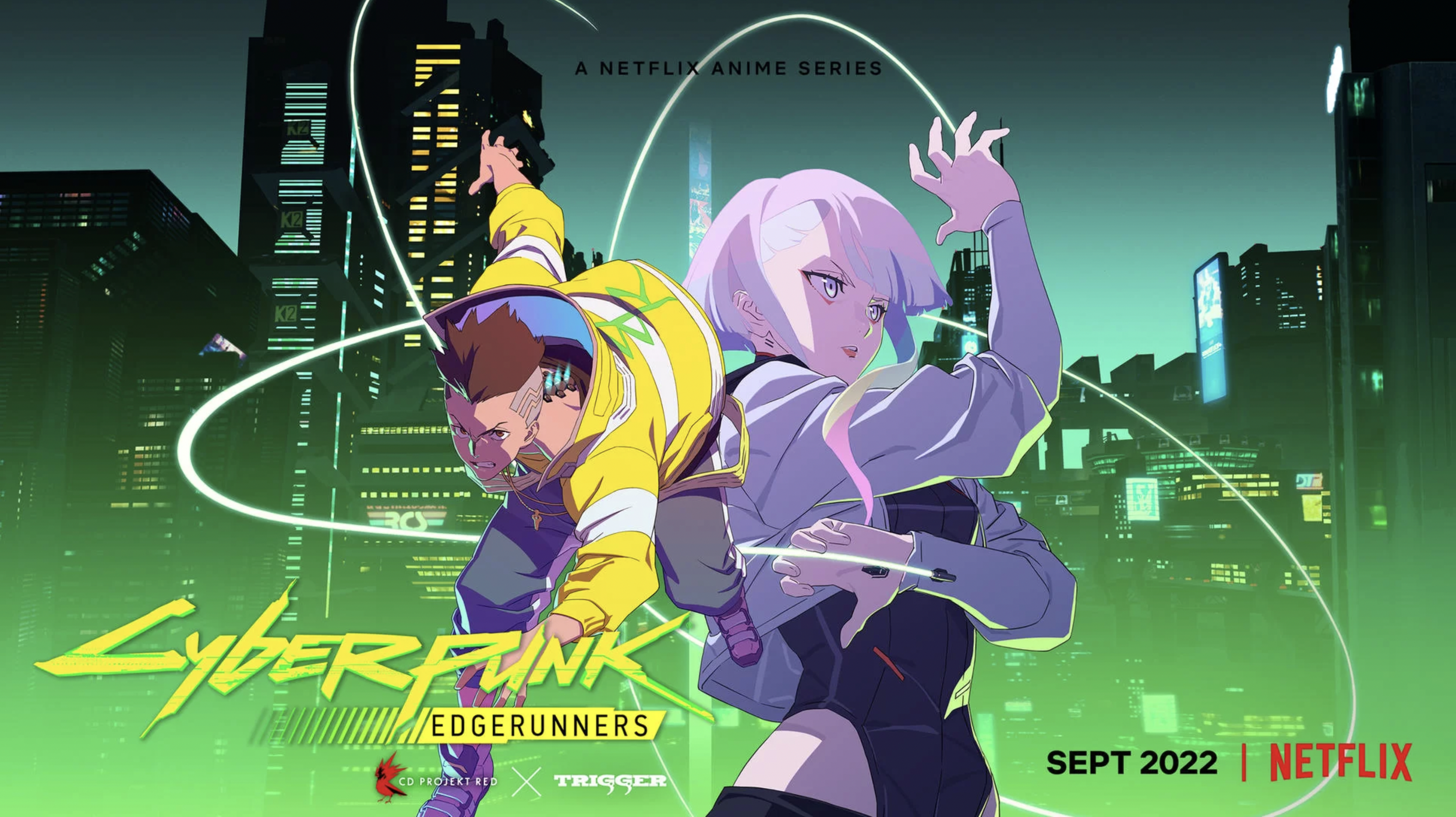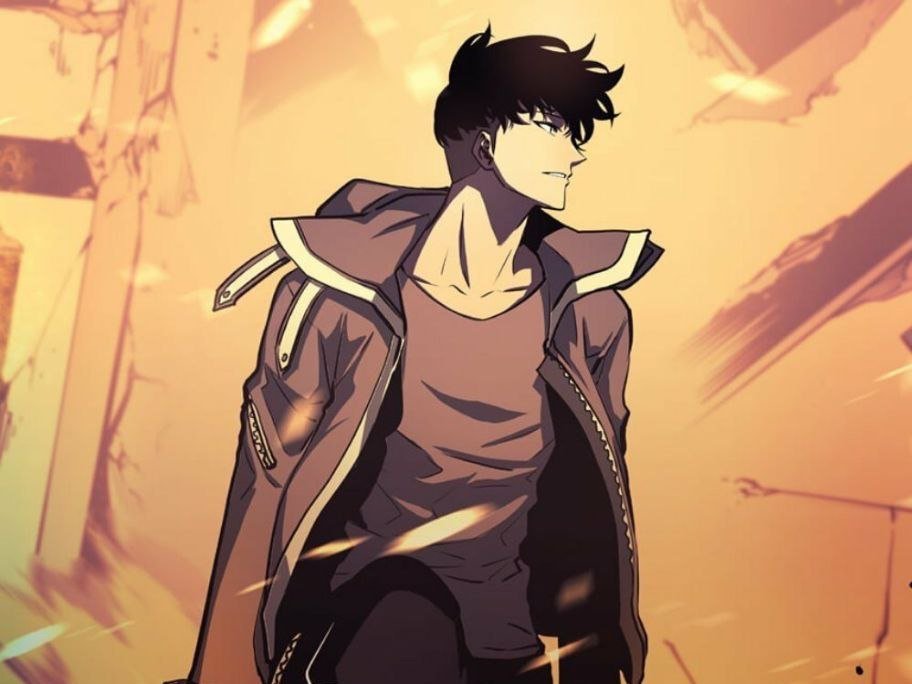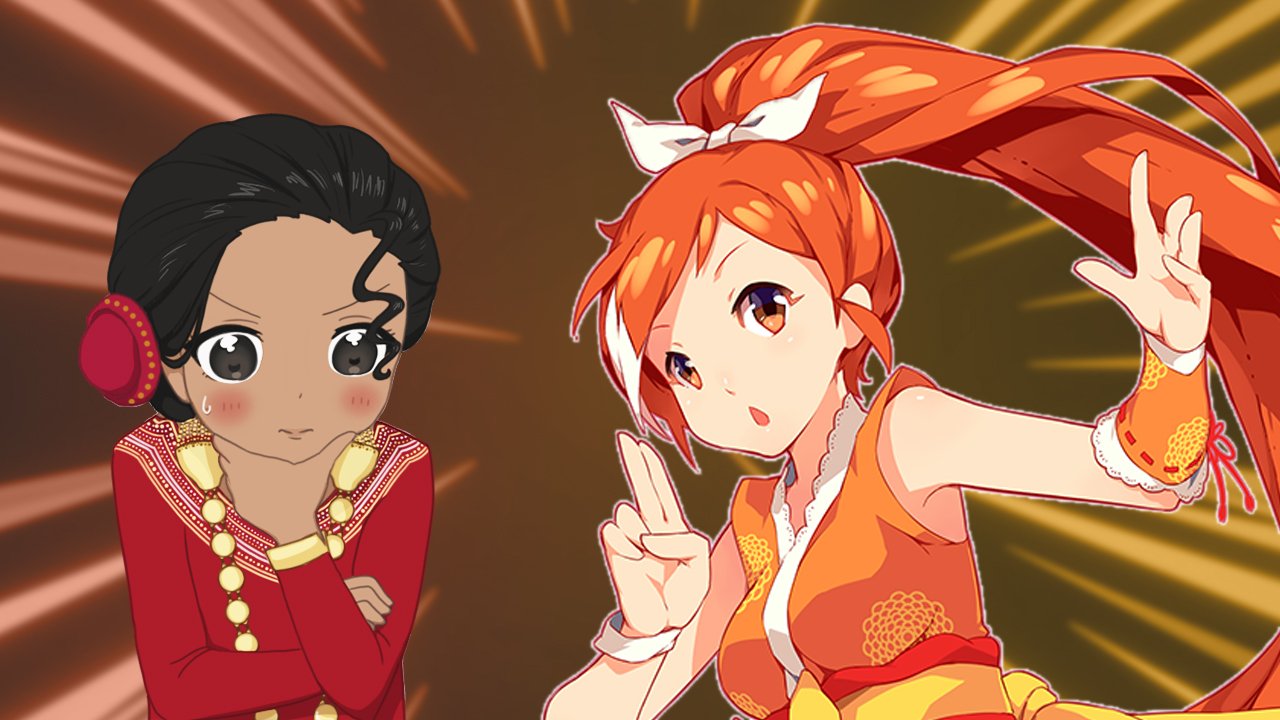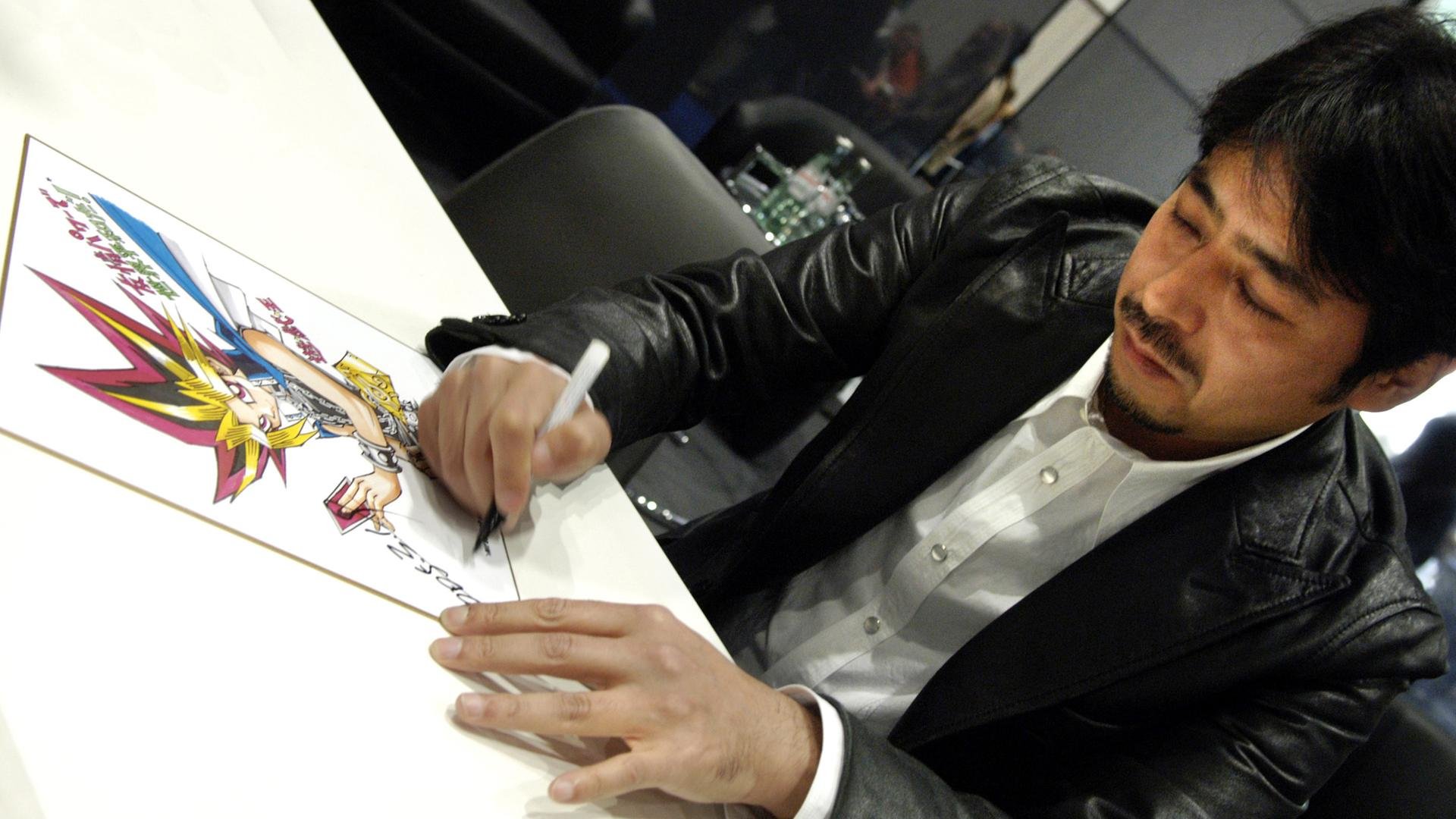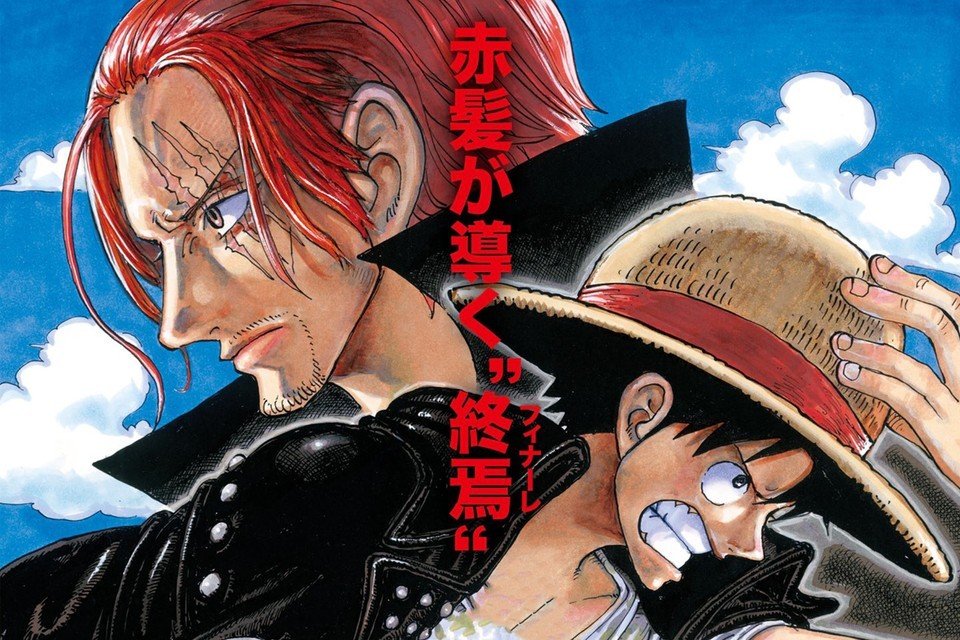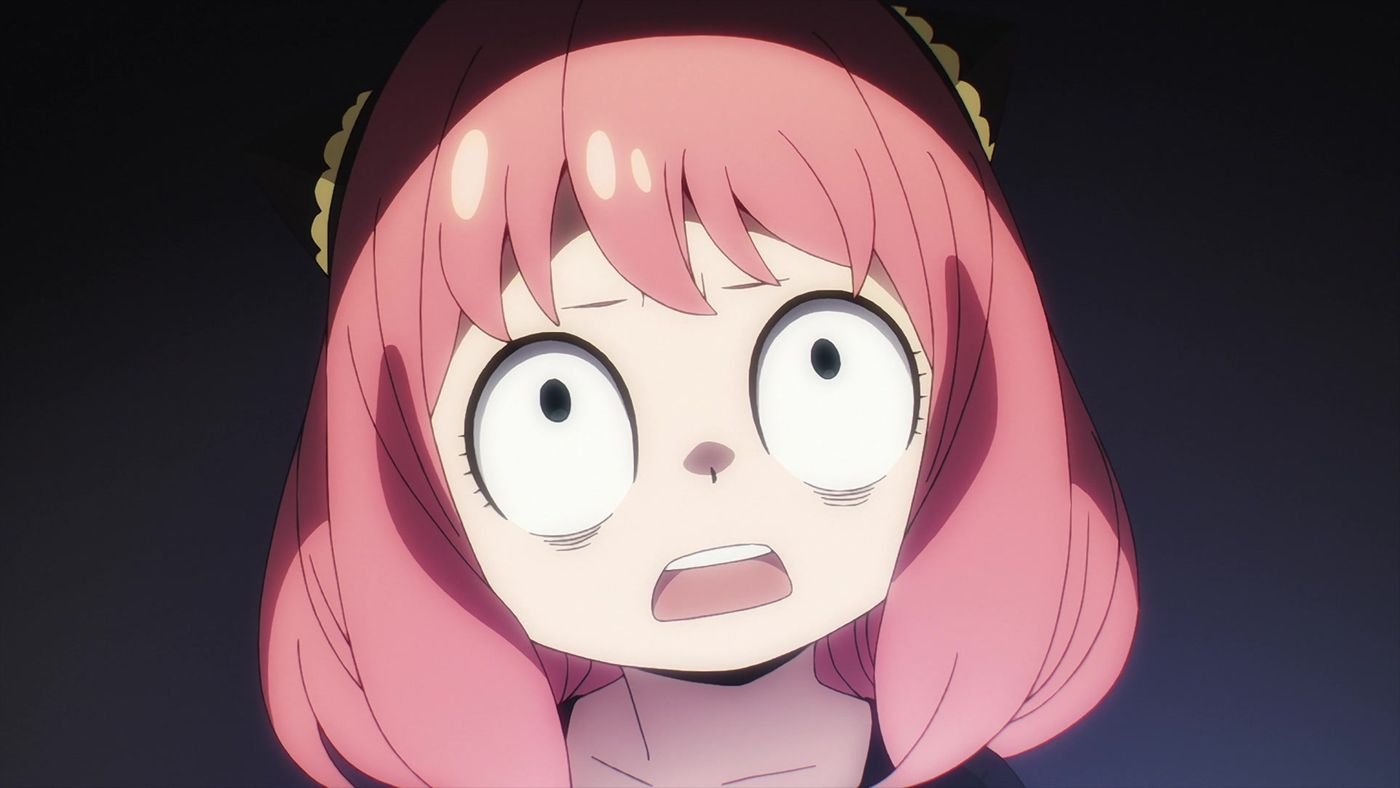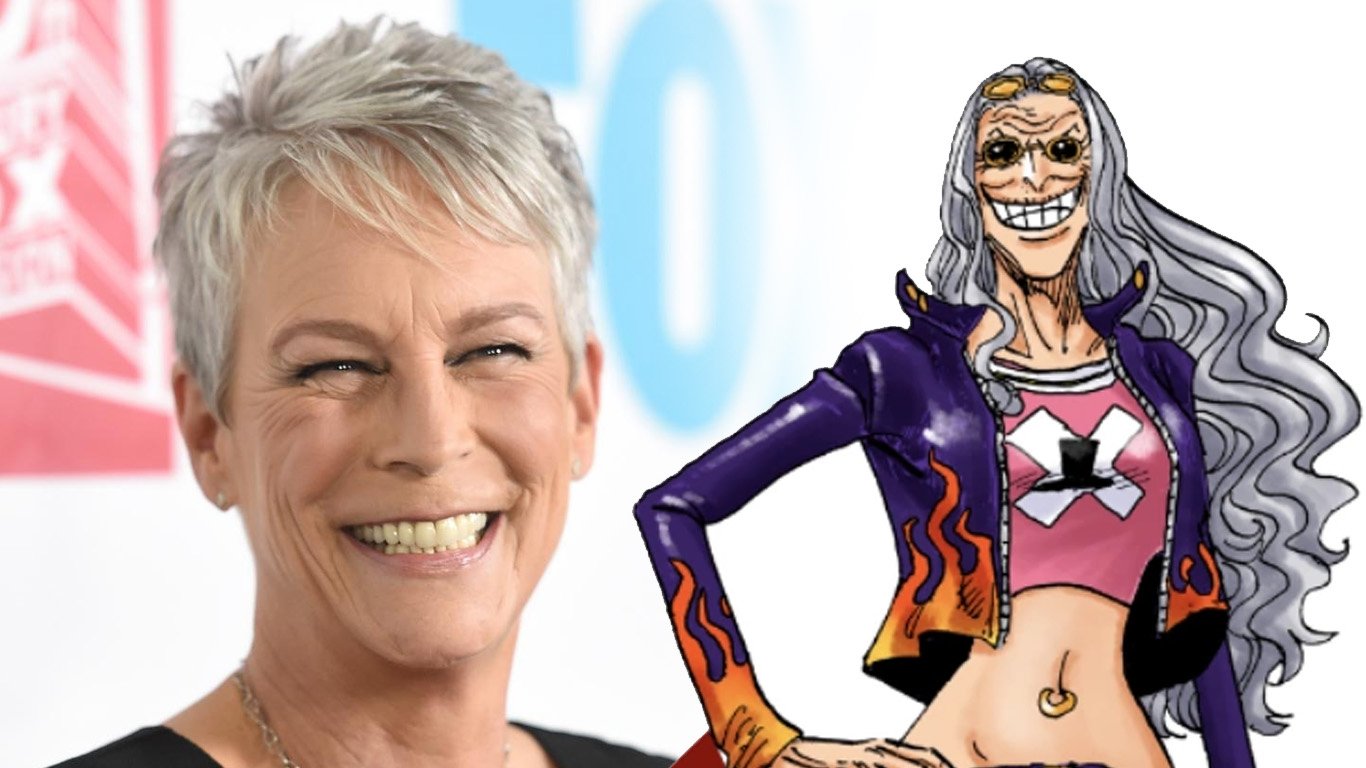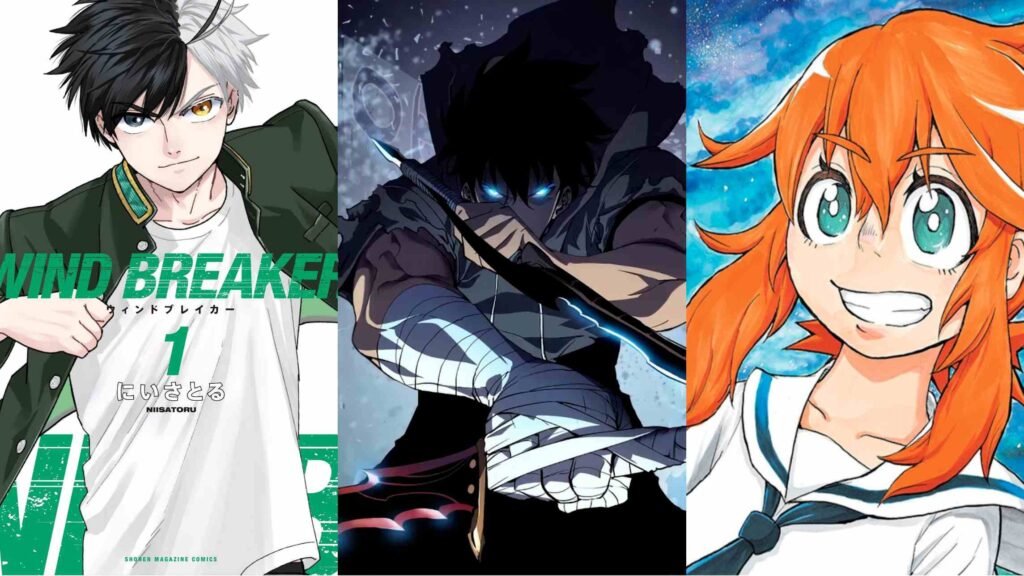The Difference Between Manga, Manhwa and Manhua
East Asia, especially Japan, has always dominated the world when it comes to producing high quality comics and graphic novels.
Naturally, they aren’t usually referred to as "comics" because it is a western term. Instead, they are called "Manga", "Manhwa", or "Manhua" depending on their country of origin.
Brief History of Manga, Manhwa & Manhua
Visual storytelling dates back to thousands of years and it isn’t restricted to any one specific culture or civilization, however, if we’re talking about graphic novels in East Asia, the medium began to attract a lot of attention after the Second World War.
We’re talking about Japan and Korea, but Chinese artists weren’t letting themselves be left behind either. Especially when you consider how one of the earliest Chinese comics dates all the way back to the Northern Song Dynasty of China.
It’s a story about a bird named “Manhua” that is shown catching a fish with its beak
Yes, even these terms themselves have been a thing for 100s of years.
Times have changed and the modern day definitions of these terms are a little bit more specific.
What is Manhua?
"Manhua" is the name given to a comic that originates in China. This term was first used in this manner back in 1904, it was basically just a column in a newspaper.
Decade after decade, the popularity grew, more and more people realized that it's worth trying to make a living off of swinging your pen. Before long, the digital age entered the scene and now "web manhua" are in every corner of the Internet.
If you are looking to read some, I’d personally recommend popular titles such as “Song of the Long March,” and “The King’s Avatar.” The King’s Avatar also has an animated adaptation.
And if you’re interested in the legendary novel “Romance of the Three Kingdoms,” there is one masterpiece adaptation that has somehow slipped the public’s eye.
"The Ravages of Time". It’s a comic from Hong Kong, which on a broader scale is classified as a manhua.
What is Manhwa?
Next up, we have “Manhwa” the Korean name for comics, and it has a somewhat dark history.
When Korea was under Japanese occupation for more than three decades during the two World Wars, many elements of Japanese culture were incorporated into Korean society.
Manhwa became a popular term back in the 1920s. After the Second World War,the first major Manhwa magazine, “Manhwa Haengjin" was published in 1948.
These comics have come a long way since then. Right now, most of the popular webtoons and webtoon reading services are from Korea. Popular series such as "Tower of God", "Noblesse", and "The God of Highschool" have received anime adaptations as a result of foreign collaborations.
Another popular title "Solo Leveling" is set to receive an anime adaptation in 2023.
What is Manga?
Finally, we have “Manga” Japan’s pride and soul.
Ironically, like how Japan influenced comics in Korea, the US also introduced the western style of comics to Japan during its occupation of this Land.
Things really started when "the Godfather of Manga" Osamu Tezuka began a manga called “Astro Boy” in Kobunsha's Shonen magazine.
From there on out, manga has never stopped impressing the world with their stories. "Dragon Ball", "One Piece", "Naruto", and hundreds of other titles that have an international fanbase.
Do you know who the best-selling comic book artist of all time is?
It’s Eiichiro Oda, the creator of One Piece.
The only series that has sold more copies than One Piece is Superman, but we have to also consider how Superman has had multiple writers.
The popularity of webtoons and the effect of technology on webtoons
Alright, so this was the distinction between Manhua, Manhwa, and Manga.
But what about “Webtoons”?
In simple terms, these are comics that are originally published on the web. Korea is currently the leading producer of webtoons, but as the years pass, talents from every corner of the world are gaining more and more opportunities to share their work with the world.
Webtoons are indeed a global phenomenon, one that is not restricted to any particular nationality.
Hence, they are also increasing in popularity just as much. What thrives on the internet thrives in the world, after all.
Conclusion
The difference between Manga, Manhwa, and Manhua is the country of origin. There is cultural nuance as well, not to mention, differences in the art styles. But considering the broad nature of genres and themes, it always ultimately comes down to the ability of the artist rather than the country in which it was produced.
Yes, there is a “distinction,” and Japanese manga still have a monopoly when it comes to quality, but never let that discourage you from experiencing genuinely good stories.
There’s a lot of them everywhere!
